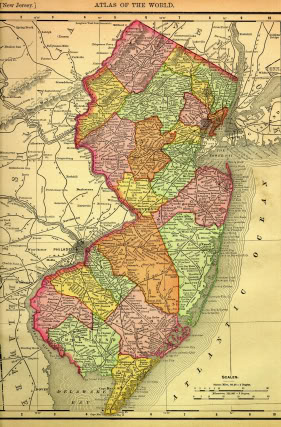NJDEP Consideration of Health Risk from Internal Combustion Engines
Posted: June 4th, 2009
Author: All4 Staff
The New Jersey Department of Environmental Protection’s (NJDEP’s) Subchapter 17 rules require facilities to consider air toxics when installing or modifying sources of air emissions. NJDEP has alerted facilities through their quarterly Industrial Stakeholder Group meeting that existing internal combustion engines that undergo permit modification will need to consider air toxic impacts as a result. NJDEP has found that the majority of existing internal combustion engines that undergo modifications do not pass the Level I Risk Screen criteria due to diesel particulate emission health risks. As a result, NJDEP has offered the following solutions that will assist facilities in meeting the  Level I Risk Screen to reduce diesel particulate emissions:
Level I Risk Screen to reduce diesel particulate emissions:
- Limit the fuel sulfur content to no greater than 15 ppm sulfur.
- Retrofit the modified engine with a diesel particulate filter. Note that industrial representatives communicated that back pressure issues on retrofitted units are a problem and the cost of retrofitting the engines is anywhere from $10,000 to $15,000. NJDEP noted that the retrofit cost is reasonable due to the health risks.
- Increase the stack height and/or move the engine further from the existing fence line perimeter.
- Take an overall limit for operating the internal combustion engine(s) on site to reduce the overall health risk at the facility fence line, i.e., reducing the emission impact.
